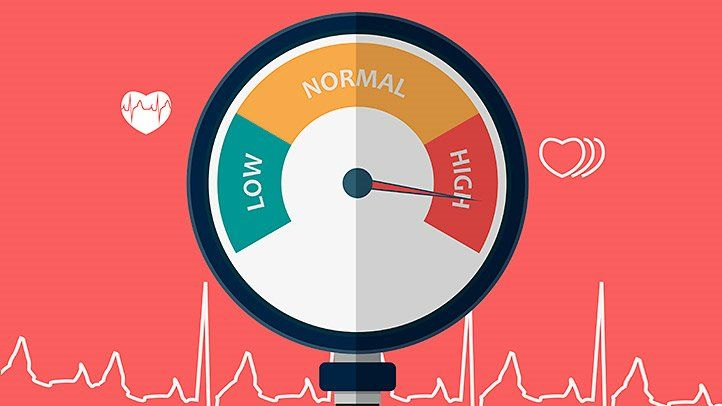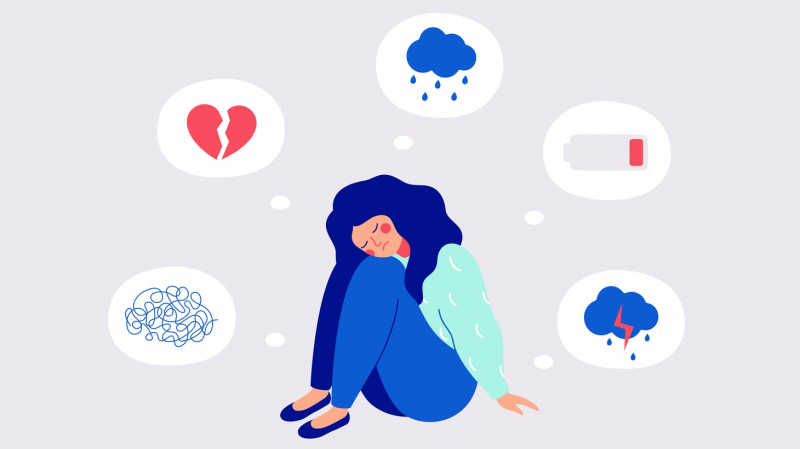Downsides

Top 3 in Top 7 Things to Know About Bupropion
You are more likely to experience the following side effects if you are between the ages of 18 and 60, do not take any other medications, or have any other medical conditions:
- The most commonly reported side effects are insomnia, headache, dizziness, dry mouth, sore throat, nausea, and constipation. Abdominal pain, strange dreams, flushing, muscle and joint pain, migraine, rash, or itchy skin are all possible side effects.
- Bupropion use has been associated with severe neuropsychiatric symptoms such as agitation, anxiety, delusions, hallucinations, panic disorder, paranoia, and psychosis, and it carries a black box warning for these side effects. Symptoms have occurred in people with and without a history of psychiatric illness. People should be kept on the lookout for the emergence of neuropsychiatric symptoms. The majority of cases were resolved by discontinuing bupropion; however, a few cases persisted.
- Although it is more likely than other antidepressants to cause weight loss, it can also cause weight gain in some people.
- Blood pressure may rise. Blood pressure should be taken at the start of treatment and monitored on a regular basis.
- Bupropion dosage must be adjusted in kidney and liver disease. Active metabolites can build up and raise the risk of seizures.
- Conventional tablets may require up to three doses per day. Doses should be separated by at least 6 hours (eg, in the morning, midday, and in evening). To reduce the likelihood of insomnia, avoid taking the evening dose at bedtime. Dosages of 300mg or more should be divided into doses of no more than 150mg each.
- The extended-release tablets should be taken twice a day (but may be administered once daily on initiation).
- Some people may be ineligible, such as those who have seizure disorders, eating disorders, are going through alcohol, anticonvulsant, barbiturate, or benzodiazepine withdrawal, are at risk of glaucoma, are taking bupropion for another reason (such as smoking cessation), are pregnant or breastfeeding, or have a history of allergy to bupropion or monoamine oxidase inhibitor use within the last two weeks.
- It is not recommended for use in children under the age of 18.
- Bupropion, like other antidepressants, may increase the risk of suicidal thoughts or behavior. Children and young adults under the age of 24 are most vulnerable. Keep an eye out for signs of depression.
- Seizures may become more likely. This risk increases with higher bupropion dosages, in those with head injuries, or in those taking other medications that lower the seizure threshold.
- Not suitable for treating panic disorder and concomitant phobic disorder, but may alleviate panic symptoms in those suffering from depression. Because it has been linked to seizures in purging bulimic patients, it is not recommended for the treatment of bulimia nervosa.
- Some people may experience allergic reactions such as itchiness, facial swelling, and hives (urticaria). Stop the treatment immediately and seek medical attention.
- If abruptly stopped or interrupted, it may result in a discontinuation syndrome (symptoms include nausea, vomiting, diarrhea, headaches, dizziness, sweating, chills, tremors, vivid dreams, and insomnia).
- Other antidepressants, antipsychotics, agents that affect electrical conductivity in the heart, those that induce or inhibit hepatic enzymes CYP2B6 or are metabolized by CYP2D6, other drugs that increase dopamine, or those that increase bleeding risk may interact.
- Overdosage or interaction with other medications that increase serotonin levels (such as tramadol, other antidepressants, St John's wort) may result in serotonin syndrome (symptoms include mental status changes [such as agitation, hallucinations, coma, delirium], fast heart rate, dizziness, flushing, muscle tremor or rigidity, and stomach symptoms [such as nausea, vomiting, diarrhea]).
- There have been a few reports of priapism (painful erections lasting more than 6 hours).
- Amphetamine screening tests in urine may produce false-positive results.
- Not advised during pregnancy. If a woman becomes pregnant while taking bupropion, she should contact the pregnancy registry at 800-336-2176. It is not advised to breastfeed while taking bupropion.








